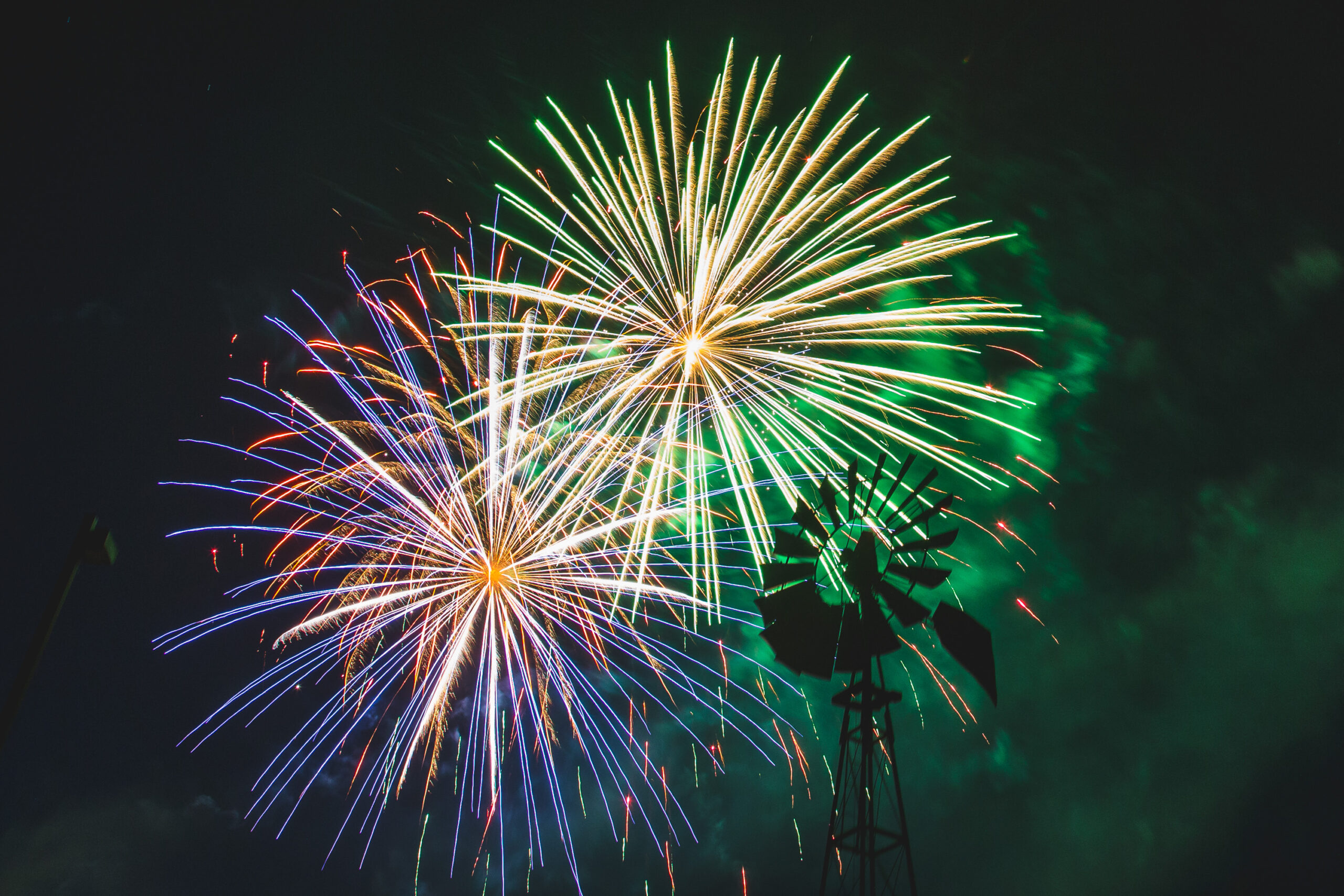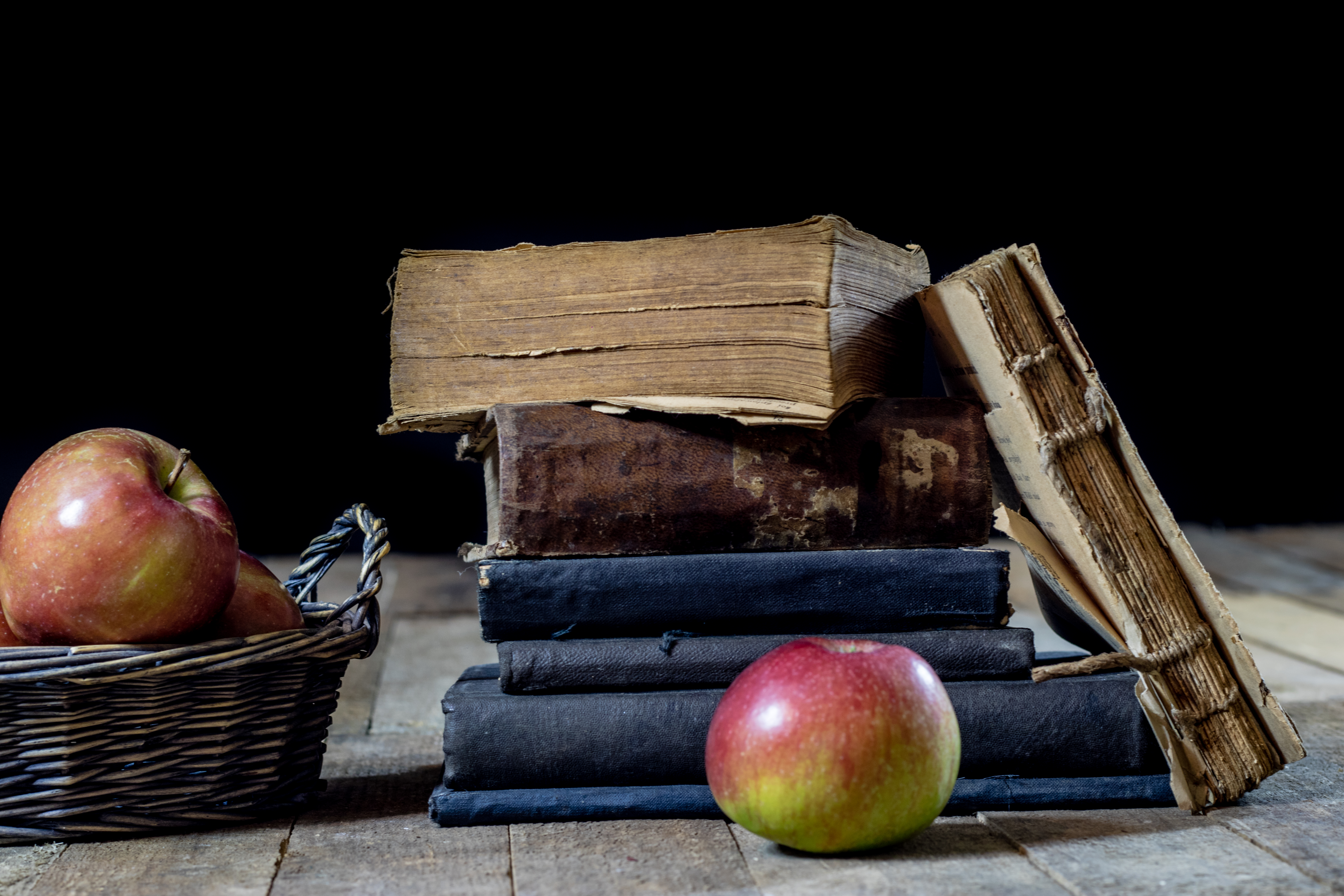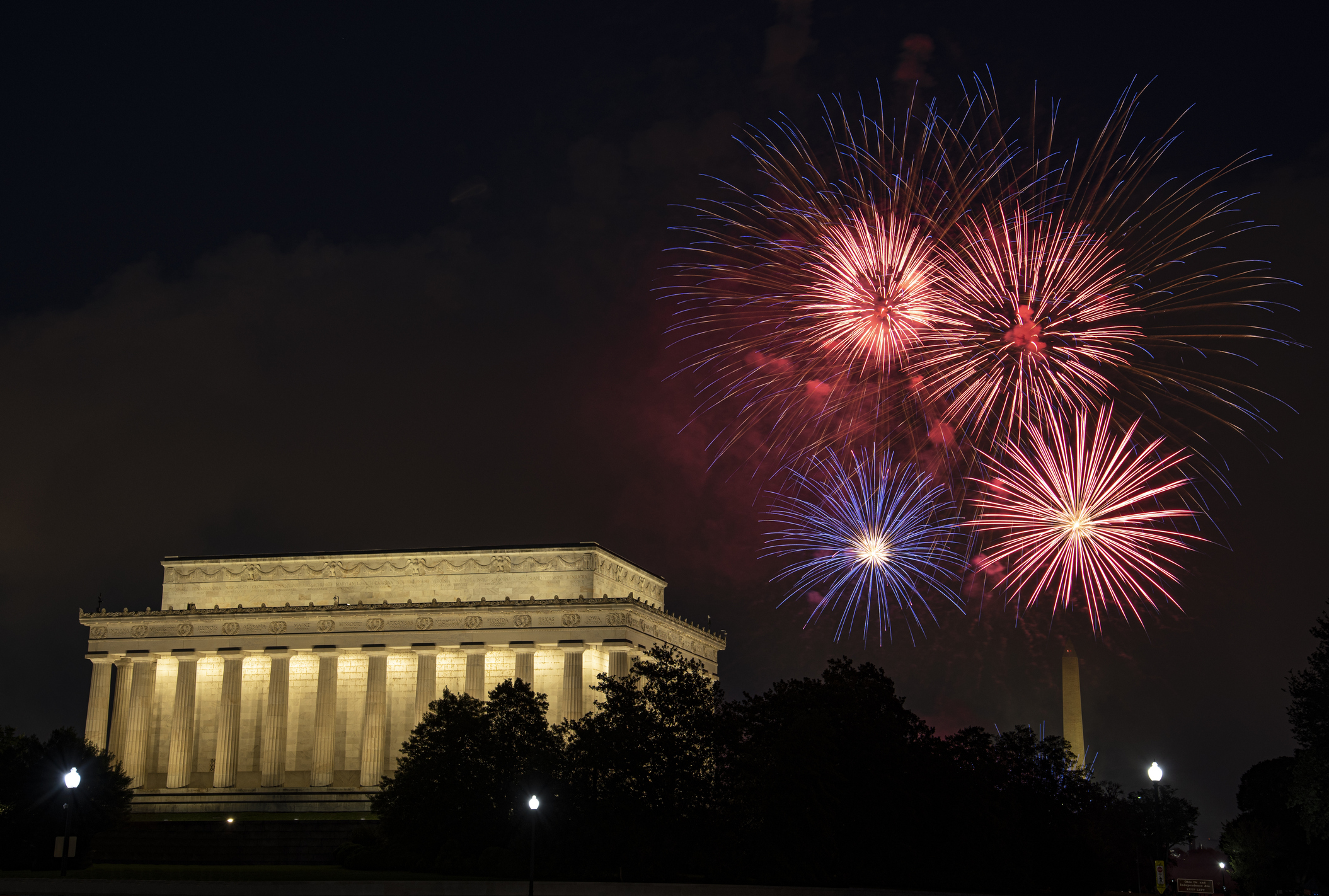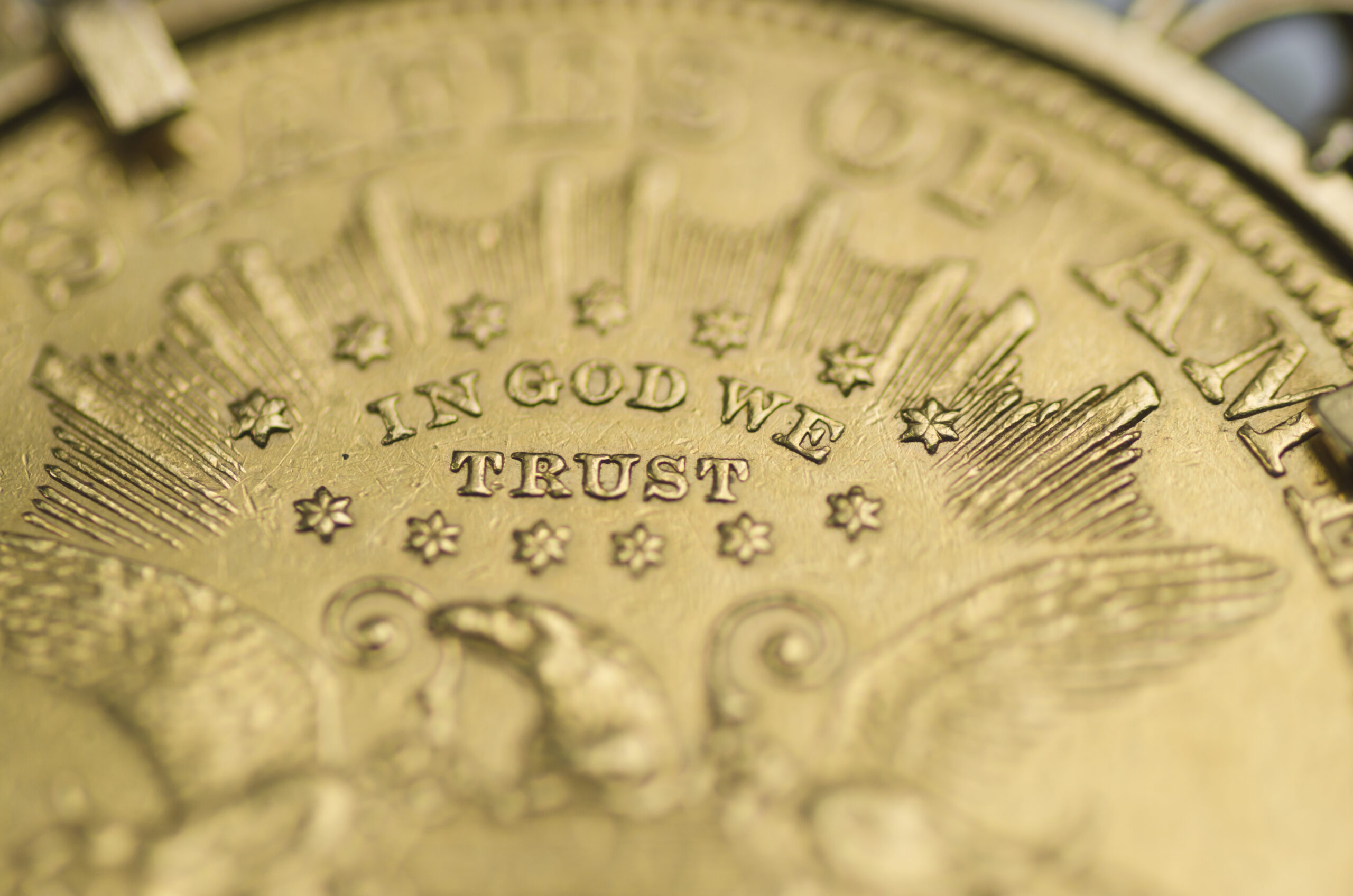Celebrating our Independence.
The Real American Revolution
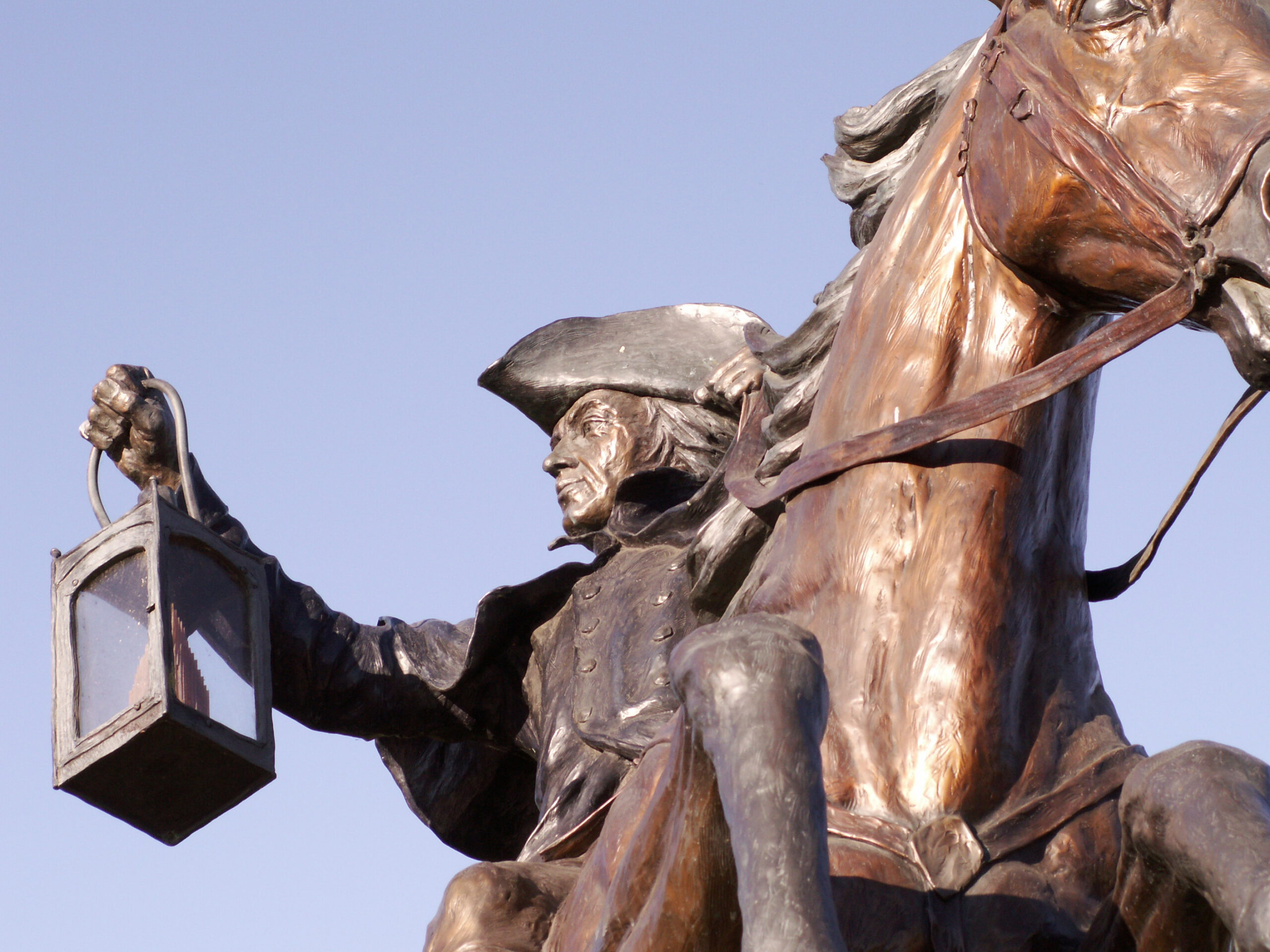
Political freedom lies at the heart of the Fourth of July.
No one is born understanding what it means to be an American; no one is born understanding the idea of political freedom or knowing about the American Revolution. We have to learn these things. If we don’t, the American Revolution, political freedom, and Americans will vanish from the earth. How do we learn these things?
From the earliest days and for almost two and a half centuries now, when Americans have looked back on the American Revolution, we have naturally remembered great events: the Boston Massacre, the Boston Tea Party, the convening of the first Continental Congress, “Paul Revere’s Ride,” the battles of Lexington and Concord, Washington crossing the Delaware, the winter at Valley Forge, and the Battle of Yorktown. This is reasonable and human. Actions, events, and individual heroism reach the mind vividly through the imagination. All the colorful circumstances, the risky and fateful choices, the acts of daring and heroism deserve and need serious study. They teach endless generations by example.
But every example is an example of something. To understand the examples, and fully benefit from them, we must understand what it is they exemplify. We can’t understand the heroic deeds of the American Revolution—we can’t see the most essential thing we can learn from them—without understanding what caused them and for what sake they were undertaken. This is when we begin to see the American Revolution in full and when we begin to see that what it means to be an American is inseparable from the idea of political freedom. As John Adams wrote, the real American Revolution was “in the Minds and Hearts of the People.” A “radical Change in the Principles, Opinions Sentiments and Affection of the People, was the real American Revolution.”
The record of this revolution in the hearts and minds of the American people is one of the great American treasures; it gives the precious gift of the American Revolution to all future times and all peoples everywhere. The record of the real American Revolution is the eloquent record of the incarnation of the American idea of political freedom in pamphlets and petitions, state papers, letters, sermons, constitutions, resolves, bills and declarations of rights, memoirs, diaries, journals, treatises, speeches, and addresses—mostly in an amazingly compressed epochal period in the 1760s and 1770s—in which a revolutionary generation learned to think and act like the Americans they were becoming.
A revolution took place in their hearts and minds, in their souls. This revolution culminated in the Declaration of Independence, an expression of what Thomas Jefferson called “the American Mind.” He also beautifully called the Declaration an “effusion of the American Soul.” All the revolutionary actions and documents leading to the Declaration and flowing from it express one dimension or another of the American idea of political freedom. Returning to them again and again is an essential way in which succeeding generations of Americans can continue to experience the American Revolution for themselves.
This experience is not merely, or even primarily, historical. To experience the American Revolution fully is to experience the idea of political freedom becoming active in your heart, mind, and soul. In your life. It is to experience being free. Political freedom in its fullness is a way of life. It is the American way of life. This way of life consists in the active exercise—individually and as a community of free citizens—of all the capacities required for self-government. It requires all the human virtues or excellences, active in their fullness. As the Virginia Declaration of Rights declared in 1776: “no free government, or the blessings of liberty, can be preserved to any people but by a firm adherence to justice, moderation, temperance, frugality, and virtue, and by frequent recurrence to fundamental principles.”
The Revolutionary and Founding generations did their heroic and historic part in bequeathing this legacy of freedom to us. To receive it, we need only to understand it and live up to it. So abundant is the gift of freedom that to live up to it is the most fulfilling thing a man or woman can do. It is literally the “pursuit of happiness,” exactly as those words were meant in the Declaration of Independence. It is a “rising to equality,” in Lincoln’s words, so that the idea of political freedom informs our lives, our communities, and our institutions as Americans. Nothing can do more honor to human nature or the greater good to ourselves, our country, and our world.
The Fourth of July—Independence Day—is a sacred American day set aside to remind ourselves and our families, friends, and fellow citizens of all these things.
Happy Fourth!
The American Mind presents a range of perspectives. Views are writers’ own and do not necessarily represent those of The Claremont Institute.
The American Mind is a publication of the Claremont Institute, a non-profit 501(c)(3) organization, dedicated to restoring the principles of the American Founding to their rightful, preeminent authority in our national life. Interested in supporting our work? Gifts to the Claremont Institute are tax-deductible.
Celebrating the best of America.
The Founders and Lincoln on the meaning of July 4th
A very happy 4th of July to you and yours.
A reminder on our nation’s birthday that opportunities for greatness unfold in an expanding Now.

